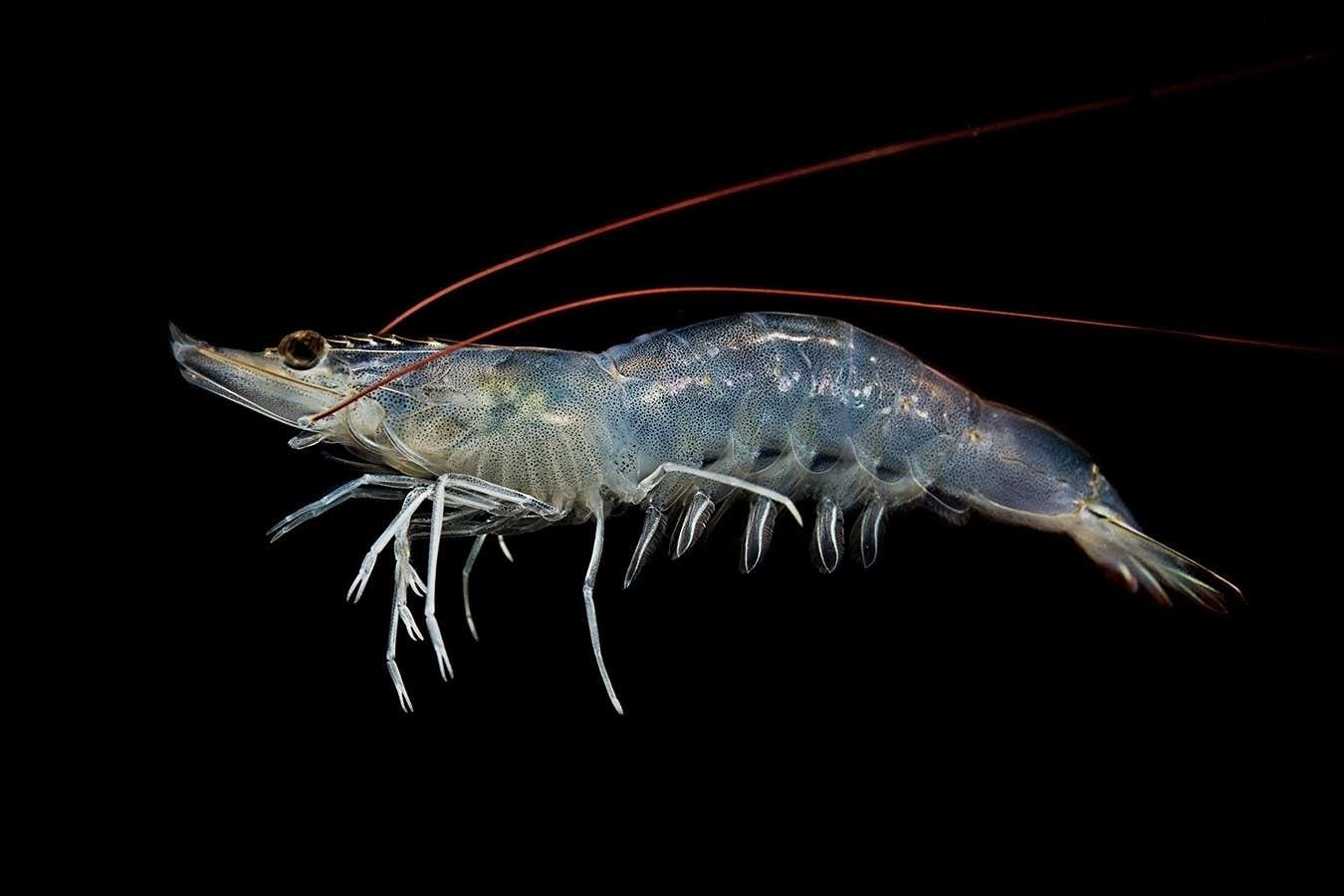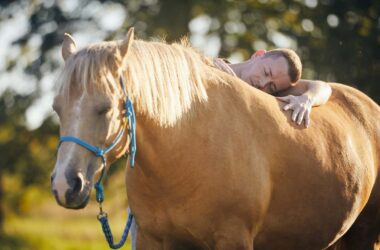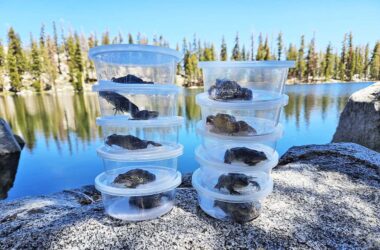Shrimp may benefit from having hairy legs when it comes to swimming. According to Sara Oliveira Santos of Brown University in Rhode Island, shrimp use a technique called metachronal swimming, in which they move their specialized appendages in a coordinated way to create a forward-propelling wave. This wave helps them move through water with ease.
The researchers studied the effects of hairiness on shrimp swimming by examining the thin, hair-like structures called setae and even smaller filaments called setules that cover shrimp’s swimmerets. They found that these structures might help shrimp speed up instead of slowing them down by using drag to their advantage. They conducted experiments involving a dissected shrimp’s leg attached to a mechanical joint and scaled-up robotic swimming appendages to further understand the impact of hairiness on swimming efficiency.
Based on their analysis, the team concluded that hairier appendages experienced less joint stress than smoother ones, indicating that having hairs could make it easier for the animals to swim. The findings were presented at the annual meeting of the American Physical Society Division of Fluid Dynamics in Washington DC.
The research team is now focused on measuring the specific advantages conferred by hairy legs, such as quantifying how much they increase the shrimps’ speed.
Topics:
- fluid dynamics/
- marine life








